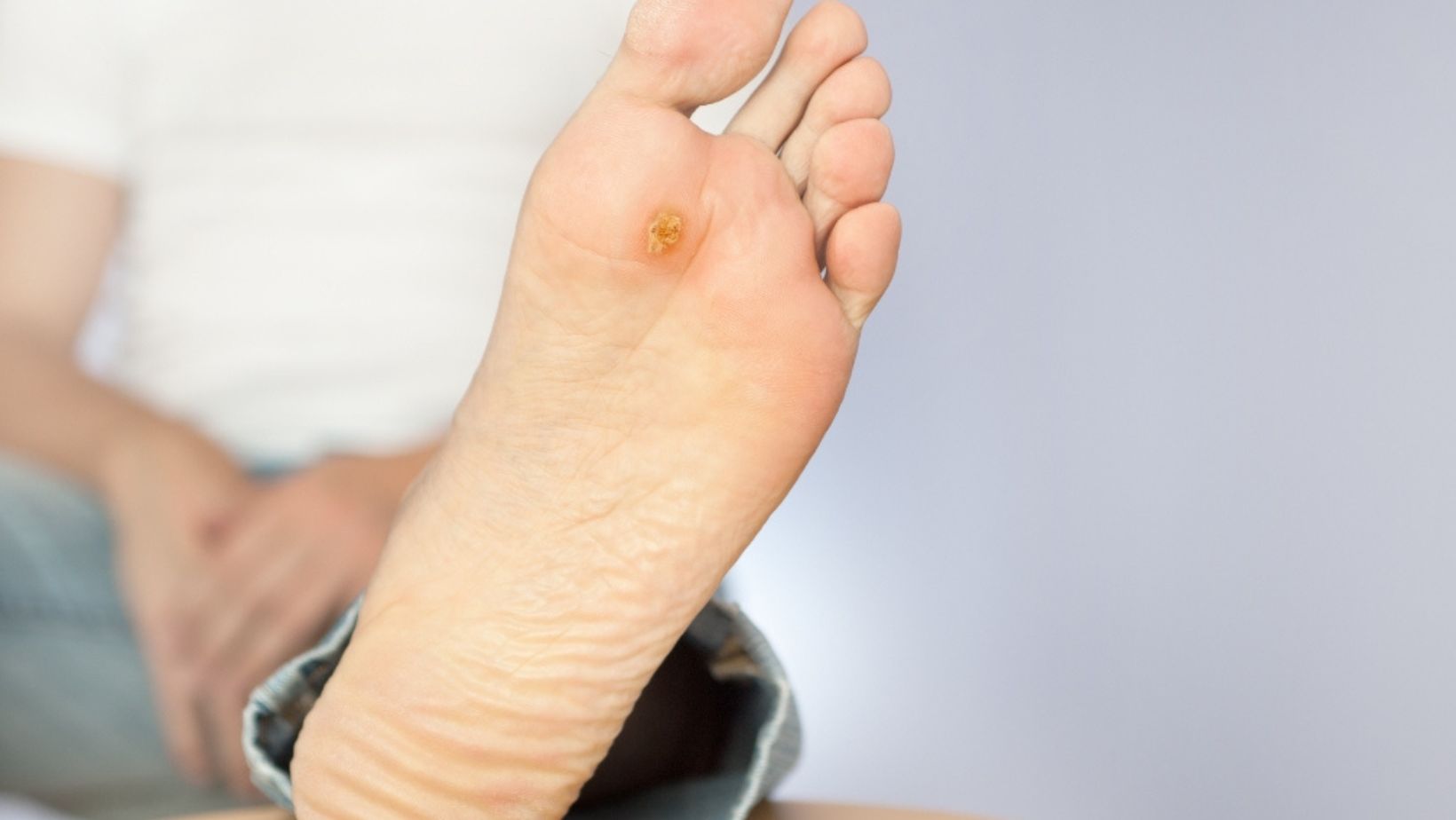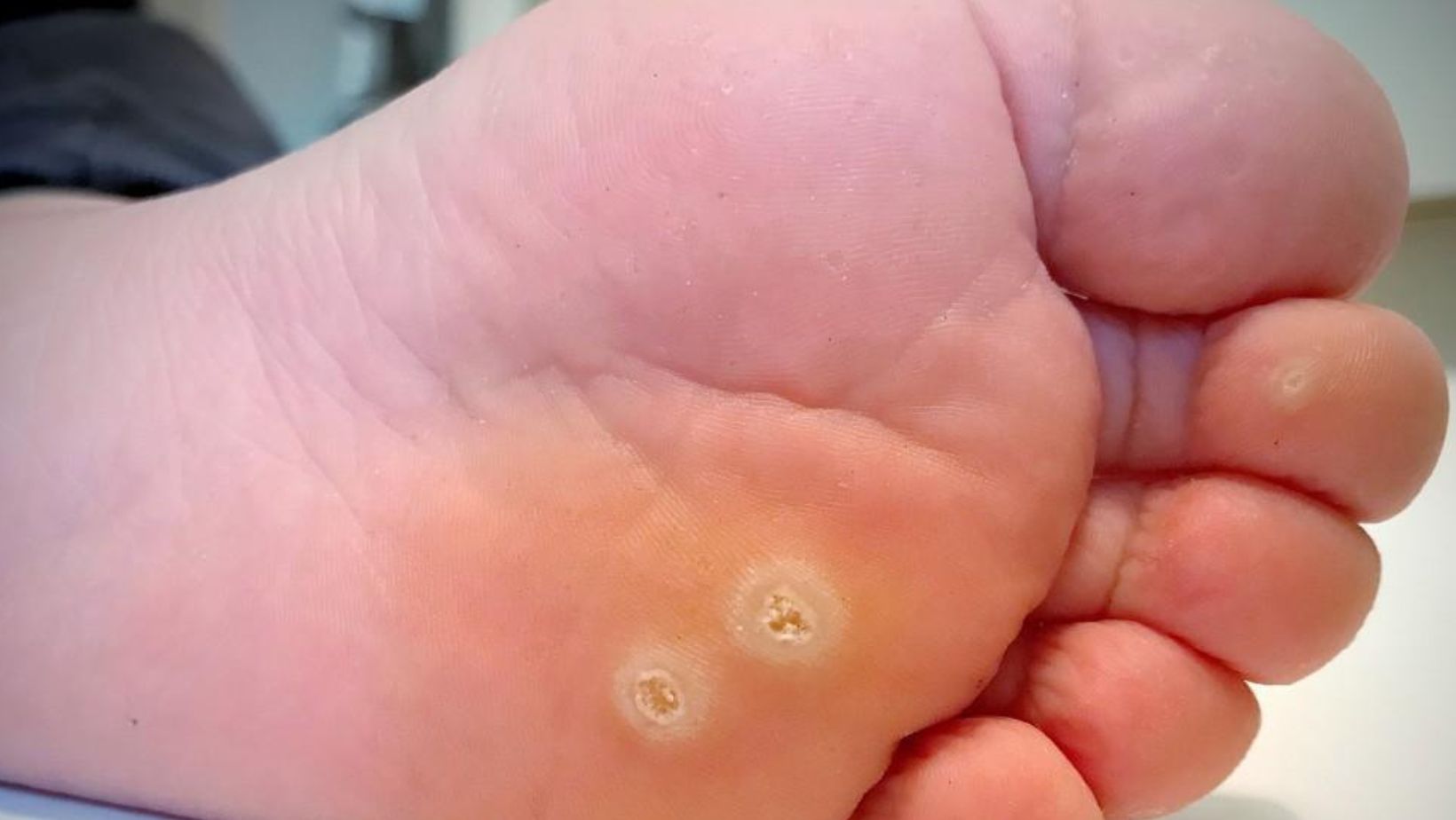Home remedies for warts have been passed down for generations, with suggestions ranging from mashed bananas to duct tape often touted as miracle cures. But how effective are these unconventional treatments? Warts caused by the human papillomavirus (HPV) can be stubborn to treat, prompting many to explore alternative options when traditional treatments fall short.
What Are Warts, and Who Is at Risk?

Warts form when HPV infects the skin or mucous membranes, leading to raised lumps that can appear anywhere on the body. Common warts, or verrucae vulgaris, are most frequently seen on the fingers, hands, knees, and elbows—areas prone to injury. Children, young adults, and those with weakened immune systems, such as people with eczema or AIDS, are most at risk of developing these unsightly skin growths.
HPV spreads through direct contact with warts or contaminated surfaces, with damaged or soggy skin particularly vulnerable. However, normal skin can also be infected; the virus may take months to show symptoms.
While not all warts require treatment, they can be painful, unsightly, or spread to other body areas, prompting many people to seek remedies.
Proven Medical Treatments: Salicylic Acid and Cryosurgery

Medical professionals often recommend salicylic acid products for those looking to treat warts, available in over-the-counter lotions, ointments, or patches. To maximize effectiveness, experts suggest soaking the wart in warm water and using a pumice stone before applying the treatment.
Cryosurgery, another option, involves freezing the wart with liquid nitrogen, a procedure typically performed by a doctor. Although effective for many, this method can be painful, particularly for children. Success rates for these treatments vary widely, ranging from 10% to 90%. This variability is one reason people turn to home remedies.
The Truth About Home Remedies

Home remedies for warts include household items like apple cider vinegar, garlic, aloe vera, dandelion sap, and even duct tape. These treatments aim to boost the immune system or physically irritate the wart to help the body attack the virus. However, the effectiveness of these methods is questionable.
For example, research on duct tape has produced mixed results. One study found duct tape more effective than liquid nitrogen, while another showed no benefit. The theory is that duct tape may suffocate the wart or trigger inflammation in the surrounding skin to boost immune response, but no solid evidence supports either explanation.
If trying duct tape, experts recommend using silver duct tape, which adheres better to the skin. The tape should be applied to the wart for six days, then removed before soaking the area in warm water and exfoliating with a pumice stone. If there’s no improvement within two weeks, it’s unlikely to work.
Unfortunately, no reliable research supports other home remedies, like mashed banana or garlic. Many warts disappear independently over time, making it difficult to determine if a treatment was compelling or if the wart resolved naturally.
What Should You Avoid?

Doctors warn against removing a wart by cutting, scratching, or picking. These methods carry a high risk of infection, bleeding, and scarring and may even cause the wart to spread. Additionally, people with sensitive skin, diabetes, or poor circulation should avoid treatments like duct tape, as they may lead to ulcers or skin infections.
If any topical treatment—medical or home-based—causes redness, irritation, or a rash, it’s best to discontinue and consult a doctor. Pregnant or breastfeeding individuals should always seek medical advice before using wart treatments, as some products can be absorbed into the bloodstream and potentially harm the baby.
Warts May Resolve on Their Own, But They Can Come Back

The good news? Warts often go away without treatment for those with a healthy immune system. Around 20% disappear within three months, and two-thirds resolve within two years. Promoting overall health through a balanced diet, regular exercise, and adequate sleep may be as effective as home remedies in helping the immune system fight the virus.
Unfortunately, warts are known to return, even after successful treatment. If a wart causes pain, discomfort, or persistent outbreaks, it’s best to consult a general practitioner or dermatologist for tailored advice and treatment options.
While home remedies seem tempting and harmless, their effectiveness remains largely unproven. If you’re unsure about a treatment—or want the best chance at banishing a stubborn wart—medical advice is always the safest route.
Reference: Patient education: Common warts, plantar warts, and flat warts (Beyond the Basics) Kwok CS, Gibbs S, Bennett C, et al. Topical treatments for cutaneous warts. Cochrane Database Syst Rev 2012.

